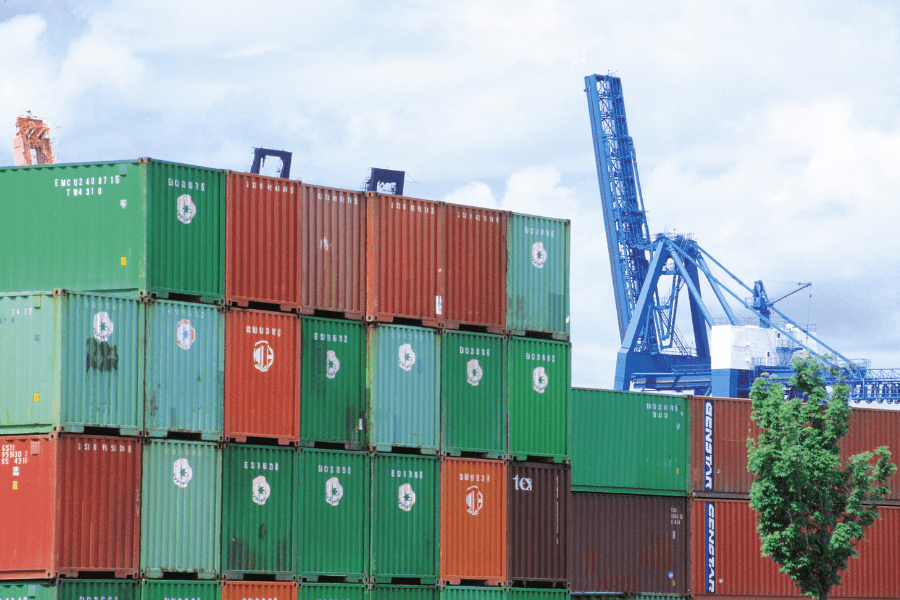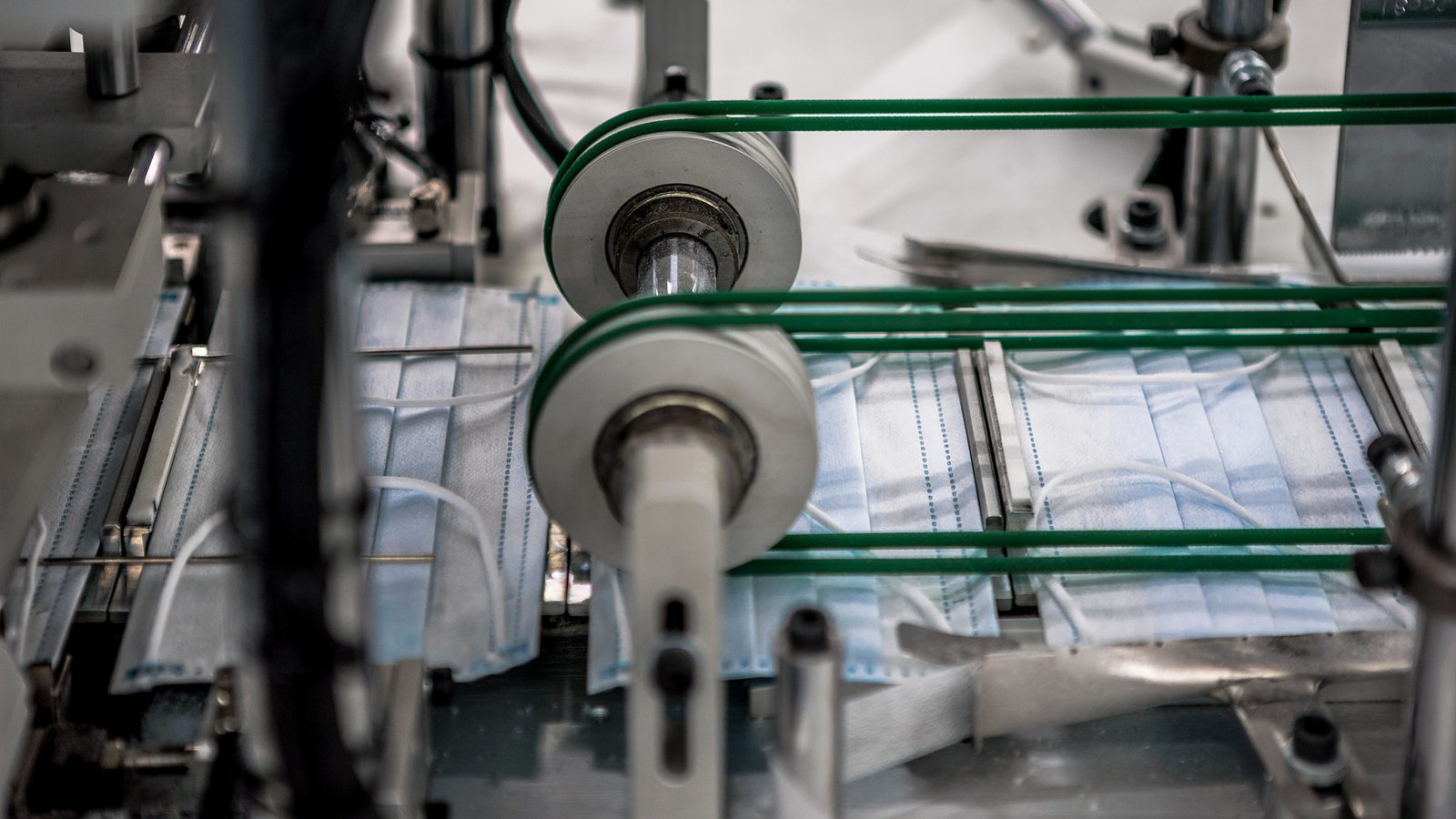By Laser 1 Technologies
China, Tariffs, And US Manufacturing
The trade war with China has been in the news since Trump launched it via Twitter on March 2, 2018.
Talks have been bogged down, but talking heads think that a deal is more likely now that the Mueller report has dropped, and Trump has emerged somewhat unscathed. According to a CNBC article “Hopes Rise for US-China Trade Deal after Mueller Report,” both the US and China now have greater incentives to make a deal.
The article points out the new dynamic now that a threat of impeachment is unlikely, which could embolden Trump while also discouraging Beijing from playing a waiting game. Further, having evaded impeachment, Trump’s potential for two terms will certainly impact China’s perspective.
China Trade War: Worth the Trouble?
As possible resolution of the trade war looms, another publications asks “whether it was worth the trouble” for American business and agricultural interests.
On March 4, the New York Times published “As Trump Moves to End Trade War with China, Business Asks: Was It Worth It?” in which they point out that the “blunt instrument” wielded by Trump impacted China and the US in somewhat equal measure:
That has given the United States a remarkable amount of leverage, but it has also taken a heavy toll on farmers, automakers, manufacturers and other businesses with exposure to China. Those businesses have faced higher costs, reduced access to the Chinese market and retaliation, including tariffs on American goods. Some farmers have permanently lost customers and contracts in China, while the profits — and share prices — of multinational businesses have taken a significant hit.
American Consumers Pay the Price
While the goal was to punish China and Chinese businesses, evidence suggests that the costs were passed on to American consumers, costing “consumers and importers a total of nearly $4.5 billion a month” by the end of 2018. Additionally, other countries have been caught in the crossfire and leveled retaliatory tariffs against American exports.
Some manufacturers have been compelled to reroute supply chains in response to the increased tariffs.
Other issues which complicate the situation are China’s historical dismissal of intellectual property rights and the huge role the ruling Communist Party plays in business.
One thing is certain: The US manufacturing industry is inevitable impacted by trade agreements with China, so we need to keep an eye on whatever agreements are formed, and whether they are actually embraced and enforced.
In the meantime, if you need a refresher on how this all evolved, check out this handy timeline from CNBC, offering a tidy summary of how the messy business of tariff wars has evolved recently.




